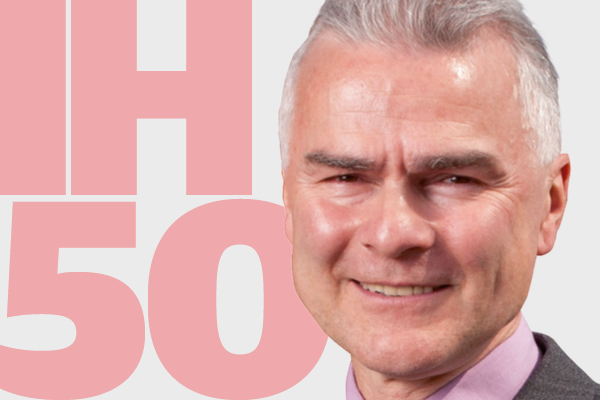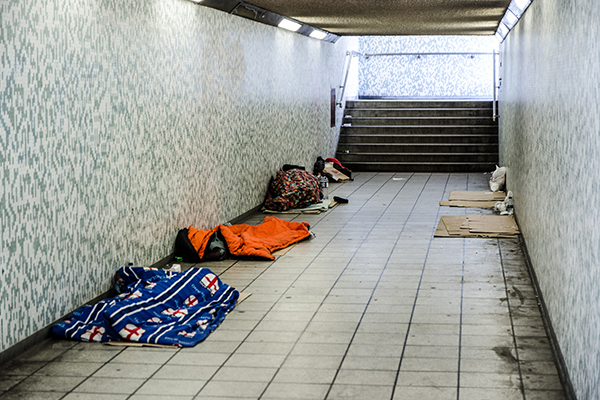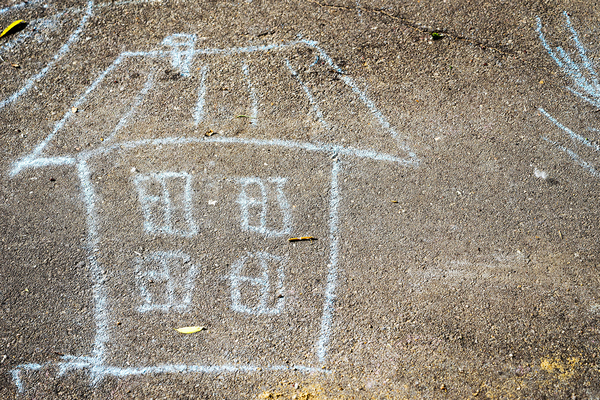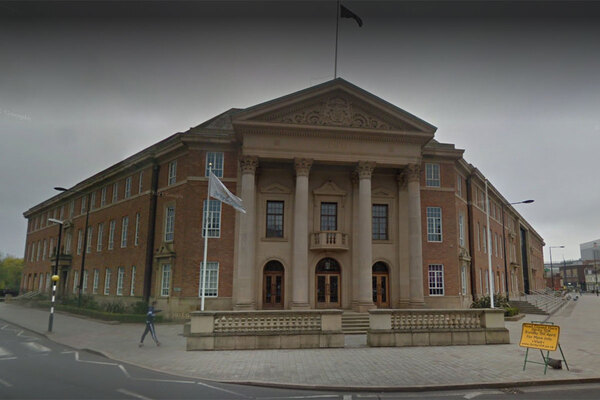You are viewing 1 of your 1 free articles
 Jon Sparkes
Jon SparkesWe need to change how we talk about homelessness
People often have a limited view of homelessness and are fed ‘typical’ media, says Jon Sparkes
 Jon Sparkes
Jon SparkesWhat does ‘homelessness’ mean to us? It’s a powerful word, conjuring images and judgements that reflect our views on society.
We all agree it’s a bad thing, but when we start talking about the causes and solutions, we see major differences between what the experts know and what the public thinks.
This matters, because attitudes affect action. It also suggests the housing and homelessness sector may be missing some crucial opportunities.
This year, Crisis turns 50 and we want to make sure we’re not here in another 50 years. Part of this work involves asking whether public attitudes to homelessness pose a challenge when it comes to ending it once and for all.
Unfortunately, a new report conducted for us by the Frameworks Institute suggests they do, and the way the sector talks about homelessness is part of the problem.
“The public tend to equate homelessness with rough sleeping and certain ‘typical’ images.”
The report tells us that the public holds a particular view about who is ‘really’ homeless and how they came to be there, and that this is supported and perpetuated by the sector and the media.
For experts, homelessness covers a range of insecure situations, with some groups at greater risk. Yet the public tends to equate it with rough sleeping and with certain ‘typical’ images of outsiders and victims.
This prevents people from seeing homelessness as a broad social issue, while the causes are seen as individual and inevitable, so that any link with poverty is almost completely lost.
Put simply, people don’t believe that homelessness can be ended, and consequently, they see the solution as traditional charity rather than social change.
So how are we contributing to this as a sector? The report provides some uncomfortable home truths.
“The stories we tell are often incomplete and play into the limited view of homelessness that sees it as individual and inevitable.”
It tells us that rough sleeping is by far the most frequently discussed type of homelessness in sector and media materials, while more than half of sector and media stories failed to mention a systemic cause of homelessness and 17% of sector stories omitted any kind of solution.
What this means is that the stories we tell are often incomplete and play into the limited view of homelessness that sees it as individual and inevitable. Unfortunately, this is undermining our calls for wider social change.
The challenge, then, is how we change this while continuing to tell stories that people can relate to.
We shouldn’t omit individual circumstances, but we also need to show that homelessness has wider social causes and consequences that can be tackled.
In short, we need to widen the lens, to challenge the ‘typical’ images and discuss the social conditions that shape people’s experiences, as well as the collective solutions that deliver wider societal benefits.
This isn’t an easy task, but if we want to convince people that homelessness can be ended, we cannot afford to ignore these lessons.
Jon Sparkes, chief executive, Crisis










